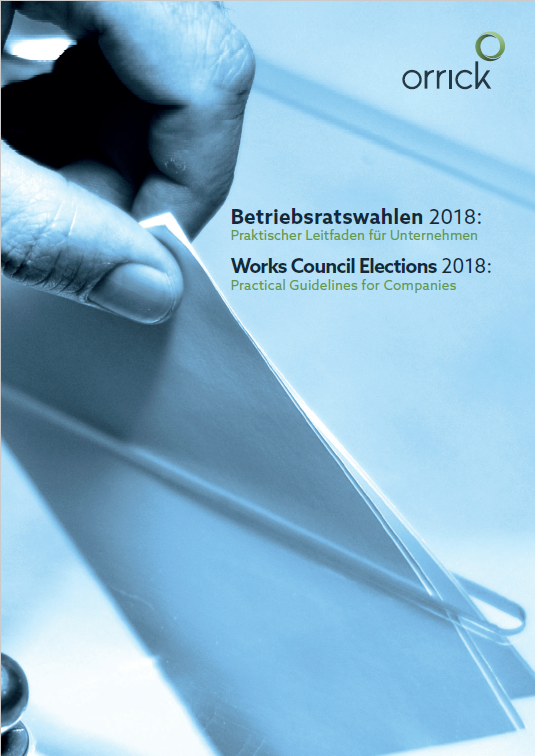According to a recent decision of the German Federal Labor Court (Bundesarbeitsgericht – BAG), the use of a keylogger software, which records all keyboard entries on a workplace computer for covert monitoring and control of the employee, is prohibited if there is no suspicion of a criminal offense or severe breach of duty.
Legal Background
Although severely exceeding the limits of permissible private use of the workplace computer and Internet may in principle constitute such a grave infringement of the obligations under the employment relationship that a dismissal with immediate effect may be justified, it must be kept in mind that the employer bears the burden of proof for the employee’s misconduct in case of a claim for unfair dismissal.
If evidence is achieved in breach of the Federal Data Protection Act (Bundesdatenschutzgesetz – BDSG), this generally indicates that its utilization in legal proceedings may infringe the employee’s right on informational self-determination and, therefore, is not admissible evidence. READ MORE →











